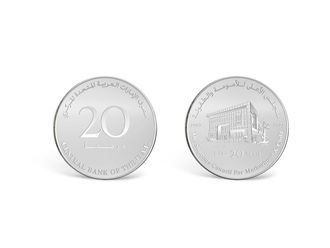Abu Dhabi: Abu Dhabi Islamic Bank (ADIB) said yesterday the UAE remains the most competitive banking market in the Gulf Cooperation Council (GCC), based on the findings from its proprietary "GCC Banking Competitiveness Report."
The report said the UAE population of about 8 million is served by 51 banks with more than 840 branches and over 4,000 ATMs, delivering high levels of service, yet lower profitability than its GCC counterparts.
"ADIB further notes that UAE banks' net interest margin, which is the spread between what banks pay for deposits and what they charge for financing and loans remains the lowest among the GCC, at an average of 2.9 per cent. Saudi banking spreads are currently closer to 3.5 per cent, Qatar at 3.4 per cent and those of Kuwait banks are at around 3.2 per cent," the bank said.
Giyas Gokkent, chief economist at the UAE's largest bank, National Bank of Abu Dhabi (NBAD), agreed with the findings of the ADIB report.
"I agree that the UAE has the most competitive banking sector in the GCC," Gokkent told Gulf News.
"The UAE has the largest banking system in the region by asset size, but this has only been the case since the end of 2006. Its emergence as the largest in the region reflects its leading status in pursuing economic diversification and reforms such as allowing property ownership by foreigners, and status as a regional financial and business hub. The slowdown in growth in Dubai and a more phased approach in Abu Dhabi's pursuit of diversification has translated to slower UAE banking system growth. I expect Abu Dhabi based banks to grow more rapidly than the rest of the banking system in the UAE," said Gokkent.
He added: "Given the muted growth in lending due to the macro background and regulatory changes affecting retail lending, the path of provisions will be the primary driver of profit trends in the UAE.
In the meantime, Saudi Arabia, which has a larger population, has announced large stimulus packages that are expected to feed into the banking system. "I expect the Saudi banking system to overtake the UAE in terms of asset size in the next few years."












